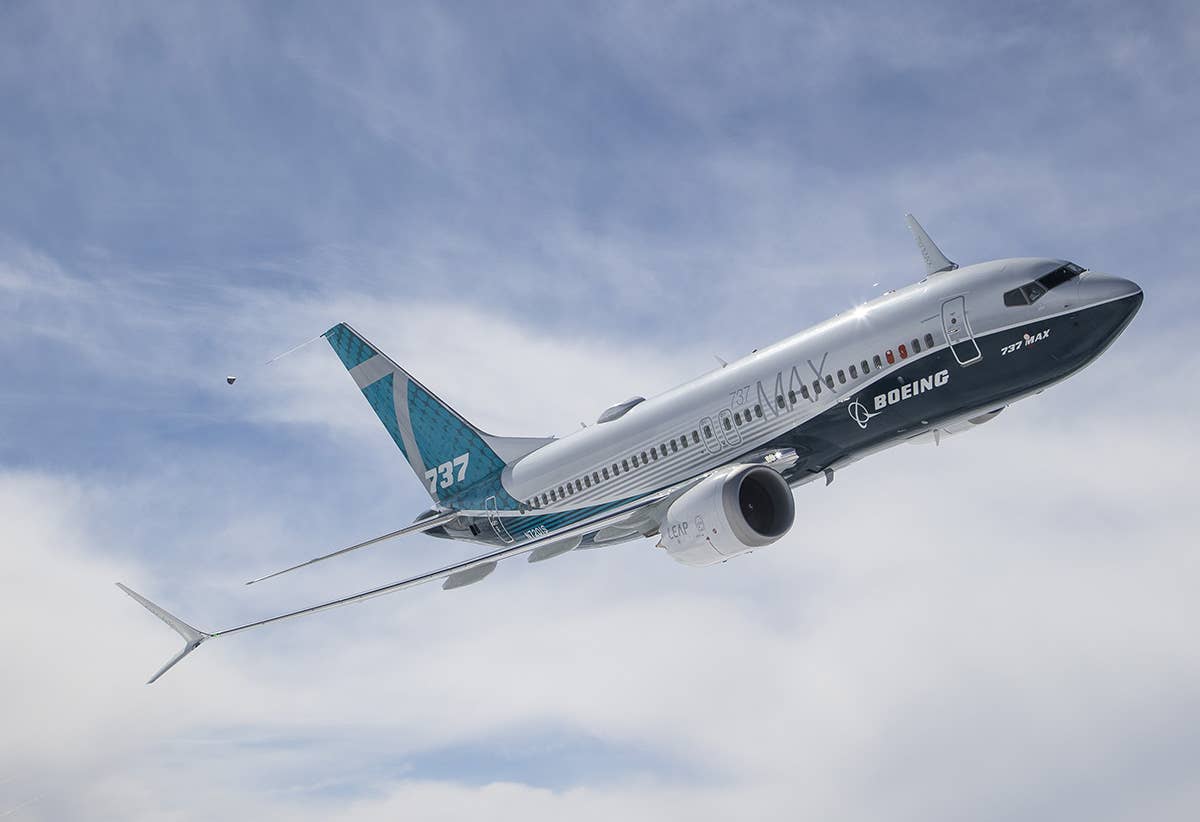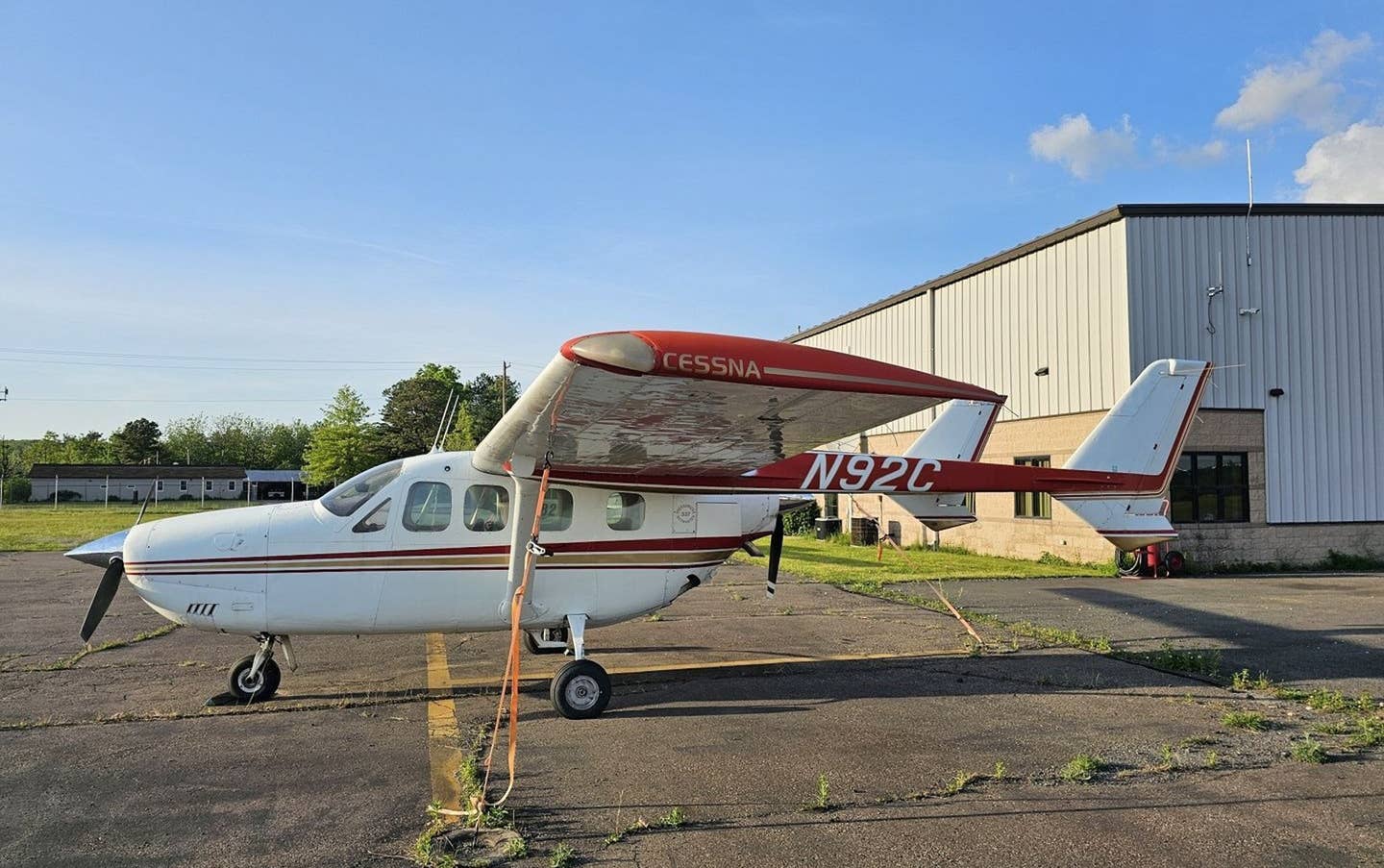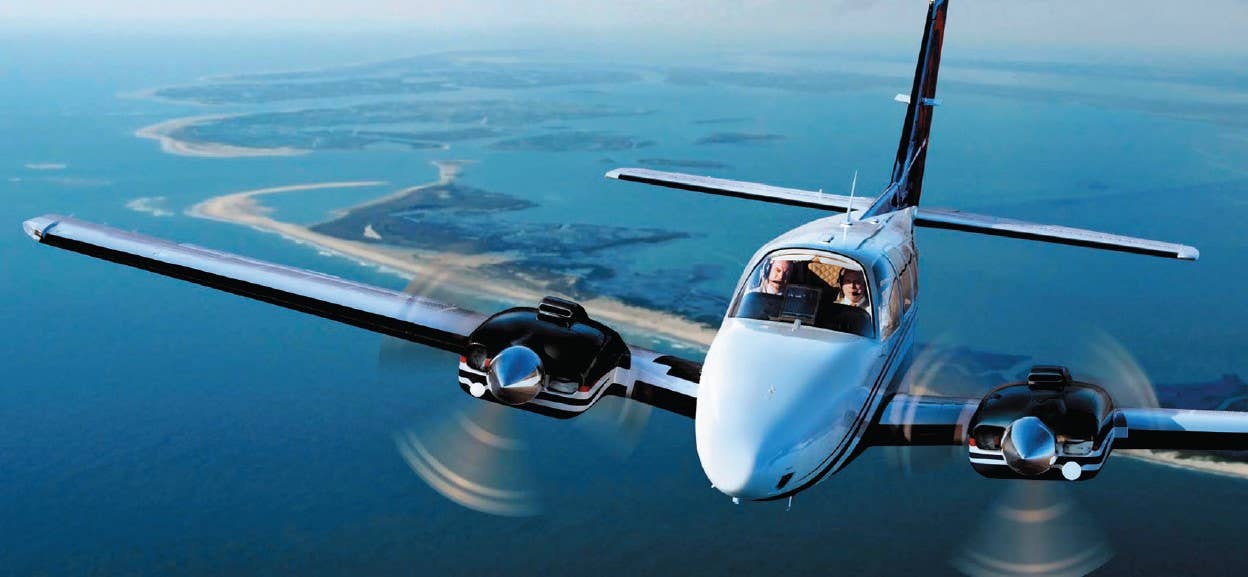Boeing Drops 737 Max 7 Exemption Request
An outstanding AD on the Max 7 engine inlet deicing remains an issue.

Boeing has dropped its request to expedite the certification of the Max 7. [Courtesy: Boeing]
Under increased public and political scrutiny, Boeing has withdrawn its request for an exemption from safety regulations relating to the engine inlet deicing system on the 737 Max 7.
Last summer the FAA issued an airworthiness directive (AD) focused on the deicing system of the Max 7, the smallest of the Boeing 737 Max models.
According to the AD, the FAA has concerns that if the deicing system is left for too long, there is a possibility it will overheat, potentially causing parts of the engine to break up and become shrapnel that could penetrate the fuselage and injure passengers or damage the aircraft’s wings or tail, resulting in a loss of control of the airplane.
According to the Seattle Times, after the FAA released the AD, Boeing asserted that the agency's scenario was "extremely improbable,” noting that the FAA allowed the Max 8 and Max 9 currently in service to continue to fly but with a directive to pilots that they must turn off the deicing system after leaving icing conditions and not fly with it on for more than five minutes in dry air.
The exemption would have allowed Boeing to move the Max 7 into passenger service more quickly. Without the exemption, the passenger certification of the Max 7 will be delayed until Boeing can address the deicing issue, which may include a design change.
Boeing has received increased scrutiny since the January 5 incident involving a door plug blowout on a Max 9 aircraft. Although there were no serious injuries reported, the event rattled the confidence of the flying public and put the aircraft manufacturing giant’s workplace culture under the microscope.
- READ MORE: FAA Cracks Down on Boeing
"While we are confident that the proposed time-limited exemption for that system follows established FAA processes to ensure safe operation, we will instead incorporate an engineering solution that will be completed during the certification process," Boeing said in a statement to FLYING. "As always, the FAA will determine the timing of certification, and we will follow their lead every step of the way. We’re committed to being transparent, listening to all our stakeholders, and taking action to strengthen safety and quality at Boeing.”
For carriers such as Southwest Airlines, which has an order for 302 of the jets on the books, this means their deliveries will be pushed out indefinitely.

Subscribe to Our Newsletter
Get the latest FLYING stories delivered directly to your inbox






